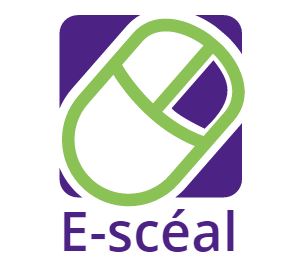Articles
E-sceal 575 - NCSE Full Integration Consultation
As outlined in last week’s e-scéal, the NCSE explored the issue of ‘Full Inclusion’ at their recent Research Conference in Croke Park. The purpose of the conference was to examine what a fully inclusive education system looks like and explored the Full Integration model as it exists in two other jurisdictions. Before any new model is even considered, it is IPPN’s view that there will have to be widespread consultation with all stakeholders, including principals, teachers, parents, patron bodies, teacher unions and all agencies currently involved in supporting children with special needs.
Session 1 of the conference looked at ‘Initial Teacher Education and Ongoing Professional Development for Inclusion’. Peter Hick (Manchester Metropolitan University ) and Joseph Mintz (University of London) co-presented on NCSE’s longitudinal study on Initial Teacher Education in Ireland, while Órla Ní Bhroin addressed the topic ‘What works in Professional Development for Inclusion.’
Session 2 was titled ‘The Journey towards Fully Inclusive Education Systems’. Two speakers from New Brunswick, Canada addressed the issue. Jody Carr, former Minister for Education in New Brunswick and member of Inclusion Education Canada spoke on lessons learned from the New Brunswick experience for students, teachers, principals, parents and policymakers. Kim Korotkov, Director of Special Education in New Brunswick spoke on the implementation of inclusive education. Portuguese Secretary of State for Education Joáo Costa outlined his country’s journey to a place where they have almost full integration.
With regard to the UN’s stated concerns regarding the education of pupils with SEN in special schools and special classes (Article 24 of the UN Convention on the Rights of Persons with Disabilities), there are two fundamental questions that need to be answered:
- What are the reasons why SEN students should continue to be educated in special schools and classes away from their mainstream peers?
- What are the reasons why we should adopt a fully mainstream approach?
In answering those basic questions, the existing model of provision here in Ireland needs to be examined. What is working well? Where are the deficiencies and can these be fixed? More importantly, it needs to be examined whether the current model is meeting the needs of the SEN pupils? Simultaneously extensive research needs to be carried out into systems in other countries and provinces with profiles similar to Ireland. It will be very informative to examine in great detail the workings in the schools of New Brunswick and Portugal to see what is the actual reality on the ground. As noted in last week’s E-scéal, only two of the 163 jurisdictions that have signed the Charter have actually gone the route of full integration. The reasons why everyone else has not gone that route will be informative.
No recommendations have been made by the NCSE in relation to any proposed changes. IPPN needs to be in a position to make an informed decision and make our own recommendations and proposals.












